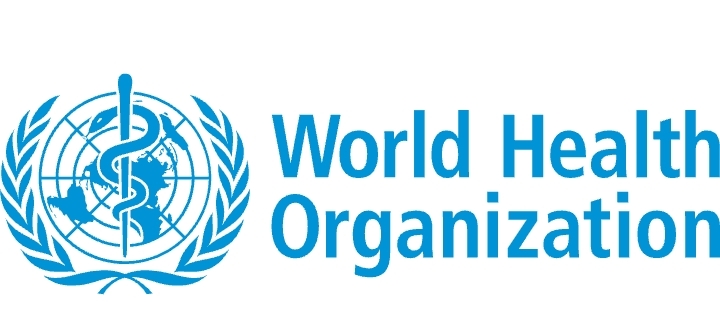The World Health Organisation (WHO) has sounded the alarm on global health disparities, revealing that people born in the world’s wealthiest countries can expect to live over three decades longer than those in the poorest nations.
This striking revelation comes from WHO’s World Report on Social Determinants of Health Equity, launched Tuesday by Director-General Dr. Tedros Adhanom Ghebreyesus. The report underlines how deeply social and economic conditions affect health outcomes globally.
Read also: WHO says poor children 13 times more likely to die before age five
“Our world is an unequal one. Where we are born, grow, live, work, and age significantly influences our health and well-being,” said Dr. Tedros during the report’s release.
The analysis found that the average life expectancy gap between the highest- and lowest-ranked countries stands at 33 years. This vast difference is largely shaped by unequal access to safe housing, quality education, decent employment, and other critical social infrastructure.
According to the report, even within countries, people living in disadvantaged communities tend to experience poorer health outcomes. “Health follows a social gradient whereby the more deprived the area in which people live, the lower their incomes are,” WHO noted.
The impact is even more severe for marginalised groups, such as Indigenous Peoples, who often face lower life expectancy compared to the general population, regardless of whether they live in low- or high-income nations.
The 2024 report is the first of its kind since 2008, when the WHO last issued a major study on the social roots of health inequity. It warns that global targets set for 2040—such as reducing childhood and maternal mortality and narrowing life expectancy gaps—are likely to be missed if urgent action is not taken.
For instance, children in poorer nations are 13 times more likely to die before their fifth birthday than those in wealthier countries. The report also estimates that up to two million young lives could be saved annually by closing equity gaps in low- and middle-income countries.
While maternal mortality has declined by 40% since 2000, 94% of maternal deaths still occur in low-income and lower-middle-income countries.
To address these deep-rooted disparities, WHO is urging governments and global partners to invest in universal public services, confront structural discrimination, and tackle the broader impacts of conflict, displacement, and poverty.
The report makes it clear: meaningful progress in global health cannot happen without addressing the social conditions that determine who gets to live longer—and who doesn’t.



